Should Love Be Hard?
Last week, you all BLEW ME AWAY with your feedback to the topic: When Adult “Kids” Won’t Leave the Nest. As I was hoping, you shared so many beautiful stories about parental love, resilience, and family, and, in the process, restored my diminishing faith in humanity. It truly reinforced why I started sharing my own stories–to prove that however different we are, we have more in common than we realize.
If you haven’t checked out some of these stories, you can do so and weigh in with your own here.
The Meaning of LOVE?
This week, I wanted to tackle a subject that’s been on my mind for the past several days:
The meaning of LOVE.
One of the things I used to repeat to myself and to others during my first marriage was:
“Love is hard.”
In retrospect, I now see that this was an excuse. If I made myself believe that all love was as difficult as the one I was in, then there wasn’t anything better out there for me anyway. This gave me permission to maintain the status quo. I didn’t have to do the scary thing and leave–I could just stay in an albeit unhealthy, toxic, and extremely difficult love.
Isn’t it weird how the brain works like that sometimes? We’d rather believe we don’t deserve better than actually do the work to get better.
But was I wrong?
Is love easy?
- 88% of Americans cite “love” as their #1 reason to get married. (PewResearch.)
- In 2022, there were over 2 million marriages in the US. (CDC.)
- That same year, there were over 673,000 divorces in the US. (CDC.)
In other words, for every 3 marriages, there’s 1 divorce.
The failure rate of unions that are, for the most part, based on love suggests that maybe I wasn’t wrong. Love seems to be awfully difficult for a lot of people.
But how does that lead to whether or not love should be hard?
Every once in awhile, when I would repeat my mantra–“love is hard”–I would receive pushback:
“If it’s hard, then it isn’t really love.”
I find this to be insufferably dismissive, arrogant, and even a little cruel. To love someone is, after all, the most empowered thing we do as human beings. Love is a choice, and it’s never a good idea to delegitimize someone’s choice so casually, especially without all available information.
In my head, though, I would often retort,
“If love is easy, it isn’t really love.”
People define love in all sorts of ways.
- Shakespeare called love “the marriage of true minds,” a commitment that faced alterations, unforeseeable calamities, and tempests with equal resolve and loyalty.
- Anais Nin defined love as “acceptance of the other, whatever he is.”
- Iris Murdoch wrote “Love is the extremely difficult realisation that something other than oneself is real.”
Brené Browne wrote the following definition of love:
“To see and be seen.”
This, to me, is similar to the idea that Shakespeare wrote about in his sonnet–“the marriage of true minds.” “True,” of course, can be viewed as “faithful” (which, I know, was a thing for our friend William), but “true” also refers to honesty, nakedness, a baring of one’s soul. Nin’s definition, too–an “acceptance of the other, whatever he is”–also requires that you see the other, as he is. And of course, Murdoch’s provocative definition–a “difficult” acknowledgement of the other, a recognition that the shape of the body and soul sitting next to ours is not the same as the shape of the body and soul we inhabit–this is perhaps the most challenging of all.
I have one friend who I speak with almost every single day (I use the phrase “speak with” loosely–we trade voice notes on a near daily basis). Other than Anthony, she is the only person who sees me at my worst–when I lost Rudy, when I am deep inside the fangs of my eating disorder, when a family member is diagnosed with cancer. I like to believe that she also trusts me with “her worst.” Before we give each other advice, though, we often precede what’s to come with the following self-deprecating disclaimer:
“I’m projecting a little, but…”
What is “projection”? According to Psychology Today, “[p]rojection is the process of displacing one’s feelings onto a different person, animal, or object.” Although the way my friend and I use it is probably a little different from what Freud intended, it’s when I carry my feelings and biases into my interactions with the people around me. Thus, if my friend seeks advice on how to lose weight, all the baggage I carry around from my eating disorder will inevitably flow forward into whatever I suggest. I am, in a way, “projecting” myself onto her, assuming that my problems, my view of the world, my frame of reference will be similar enough to her’s to render my opinion relevant and even valuable.
When someone comes to you with a problem, the instinct is to ask yourself, “Well, what would I do in that situation?” While this exercise has some utility when it comes to formulating an empathetic response, I sometimes wonder if it has any other real use. Given that human beings are such bottomless wells of varied life experiences, biases, and struggles–can any real insight come through such an egocentric lens when viewing another person’s pain?
Projection isn’t necessarily limited, though, to when you see someone struggling or when they ask you for advice. Anytime you interact with a person without challenging the assumption that your world view (i.e., what makes you happy, what makes you sad, what makes you feel loved) is also their world view, it is a type of aggression that, with time, can erode the foundation of affection on which your relationship was likely built. When we project ourselves, even with good intentions, on the people we love, we inevitably see less of them, and more of us.
And that is the hard thing about love.
It isn’t possible to completely remove who we are in the way we see the world or the people in it. In fact, our unique visions of the same exact things and same exact people are what make life interesting, art possible. But when I say that love is hard, it means that we should at least try taking a scalpel to our projections, removing as much of the the film they create, acknowledging the residue of our biases, and seeing, with as naked a pair of eyes as we can muster, the objects of our love. Realizing, however hard it is, that these people are not us. That they are whoever and whatever they are.
And accepting them, once we’ve seen them thus.
What do you think? Should love be hard? Should it be easy? Do you feel seen in the relationships you’re in, or do you feel a little invisible?
This Week’s Recipe Inspo.
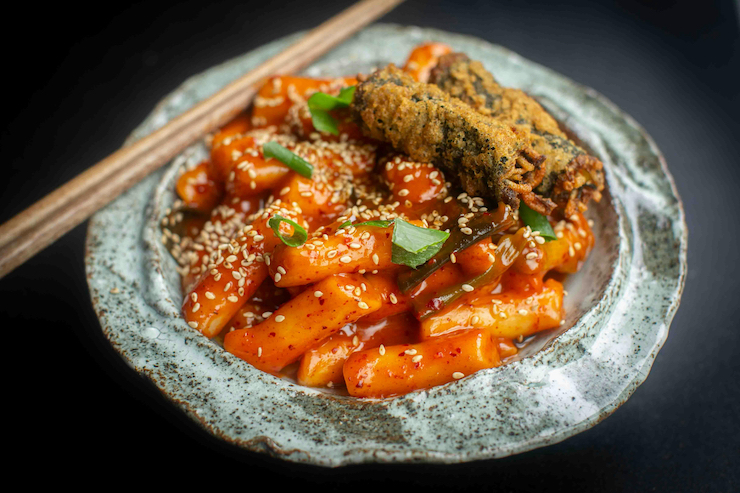
What I’m…
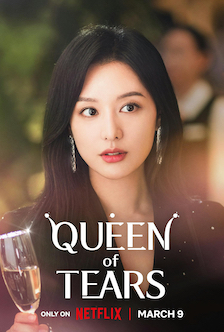
Watching.
Ok, I’ve finally given in and started watching the new Netflix K-Drama that everyone is talking about, Queen of Tears. I’m only one episode in, and so far, I really hate the female lead character. After watching K-dramas for nearly 2 decades, I’ve learned that strong emotions (love, hate, rage) so early on are a good sign that the payoff will be worth all 16 episodes. Let me know if any of you are watching this and what you think! Watch it here.
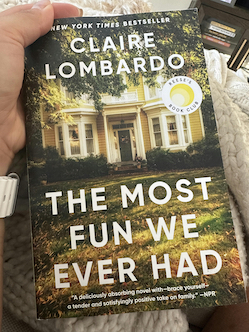
Reading.
There’s something about holding a big, fat book in my hands that makes me almost weak at the knees. I can’t not read a book that has a cover like this. I love novels, but I really appreciate novels with good writing. “Marilyn rued the inconvenient presence of bodies, bodies beyond her control, her understanding…” This is such a relatable sentence to me. I’ve only just started the book, but I’m enjoying it thus far. Let me know what you think! Read it here.
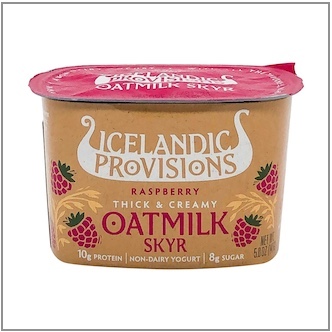
Eating.
I get sent free stuff all the time. 90% of that stuff, I don’t find any use for and I usually give them to friends and family or donate them. Once, a company sent me their vegan yogurt and Anthony and I did a candid reaction video to it–it was so HORRIBLE we couldn’t stop laughing. I’ve since learned never to recommend anything without first trying it–which is what I said to the folks at Icelandic. I was pleasantly surprised! I LOVE THESE!! And they come with 12 grams of protein each! Try it here.
Parting Thoughts.
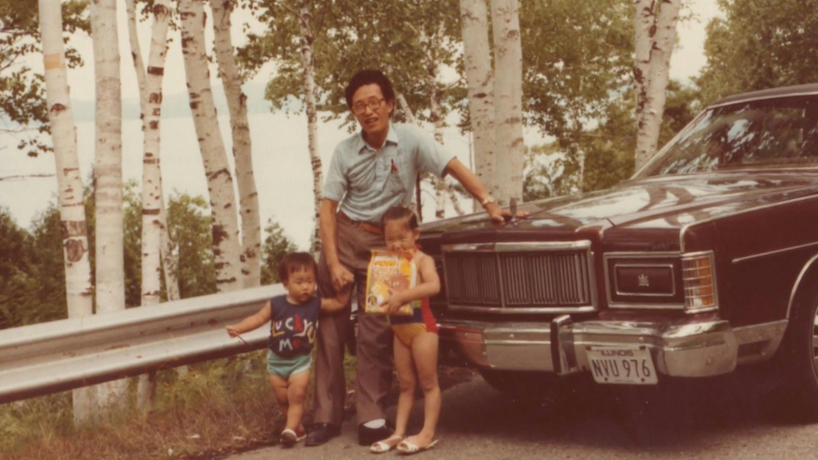
My father and I didn’t have an after-school sitcom relationship. Daddy found it difficult to relate to his children and often treated them as “not his problem.” Perhaps that’s uncharitable–more like, “not his province.” For the most part, he allowed my mother and grandmothers to do most of the parenting, helicoptering in when I started showing scholastic aptitude and he decided to tutor me in math, when I needed a ride to and from school because it was cheaper than the bus, or when I begged him for the occasional $20 bill for a trip to the mall with friends. He rarely spent any “discretionary” time with us and verbal or physical expressions of affection were absolutely non-existent.
When I was in high school, my cousin–specifically, my dad’s younger sister’s eldest son–came from Korea to live with us for several months. My cousin, Joseph, was the eldest of our generation (he was in his 20s when he came to live with us) and was hoping to study music in the United States. My dad took a shine to his eldest nephew and one day, he told us that he would be taking Joseph to the movies.
I was about to ask, “What movie,” when all of a sudden, I found my lips writhing as a sob welled up my throat and threatened to pour out of me. Before I could stop myself, tears flooded my vision and I croaked,
“How come you never take us to the movies?”
I fled to my room and slammed the door.
Even back then in high school, even before then, probably as early as when I was 6 years old, I knew my father’s thick glasses could do nothing to snap me into focus from the distorted emotional lens through which he viewed not just me, my brother, or my mother, but the rest of the world. Sometimes, I think he literally didn’t see or hear me, even when I was standing in front of him, yelling “Daddy, I’m late for school!” In the winter, I would bang on the front door, press the button for our doorbell until my thumbs went numb from the cold, while watching my father through the cut glass sit contentedly in front of the TV in our family room, completely oblivious to the fact that his daughter was locked out of the house.
It wasn’t until that moment when my body reacted the way it did to my father’s casual mention of the movie date he’d made with Joseph that I realized, for the first time in my life, that however much I’d grown used to my father’s handicap, it hurt me, very much, that he didn’t see me.
How does one repair this type of relationship? I don’t have all the answers, but I’ll start with this. As Madam Brown so wisely explained, love isn’t just about being seen. It’s also about seeing.
In college, I discovered that my father had been subjected to horrible physical and mental abuse from his own father. That perhaps the reason Daddy spoke so rarely about his time in Vietnam during the war was because it frightened him. That he loved his mother as much as he did because she’d often been the one physical and emotional barrier between him and the rest of the world that seemed so intent on rendering him entirely and permanently invisible.
When I started writing my book and dug deep into my family’s history, I grew painfully acquainted with the specific agony of my father’s childhood and it enraged me and hurt me. I reached into the well of my own pain in order to anchor myself in my father’s, allowing my empathy to swell. But, I checked the instinct to feed my anger, my resentment, my bitterness, to disparage, in front of my dad, the man I knew he still respected as his father.
Instead, I used the information I now had to forgive my dad for not taking me to the movies more often.
A few years ago, he said something to my mom that made me wonder whether he might see more of me than I realized:
“Joanne is the only one who truly sees me.”
Wishing you all the best,
-Joanne

Comments & Questions
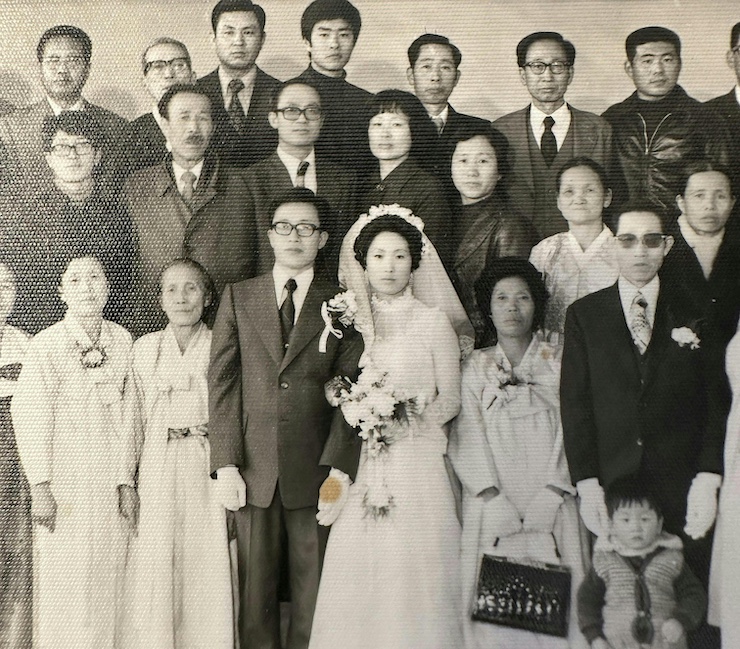
April 15, 2024
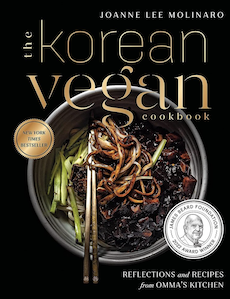
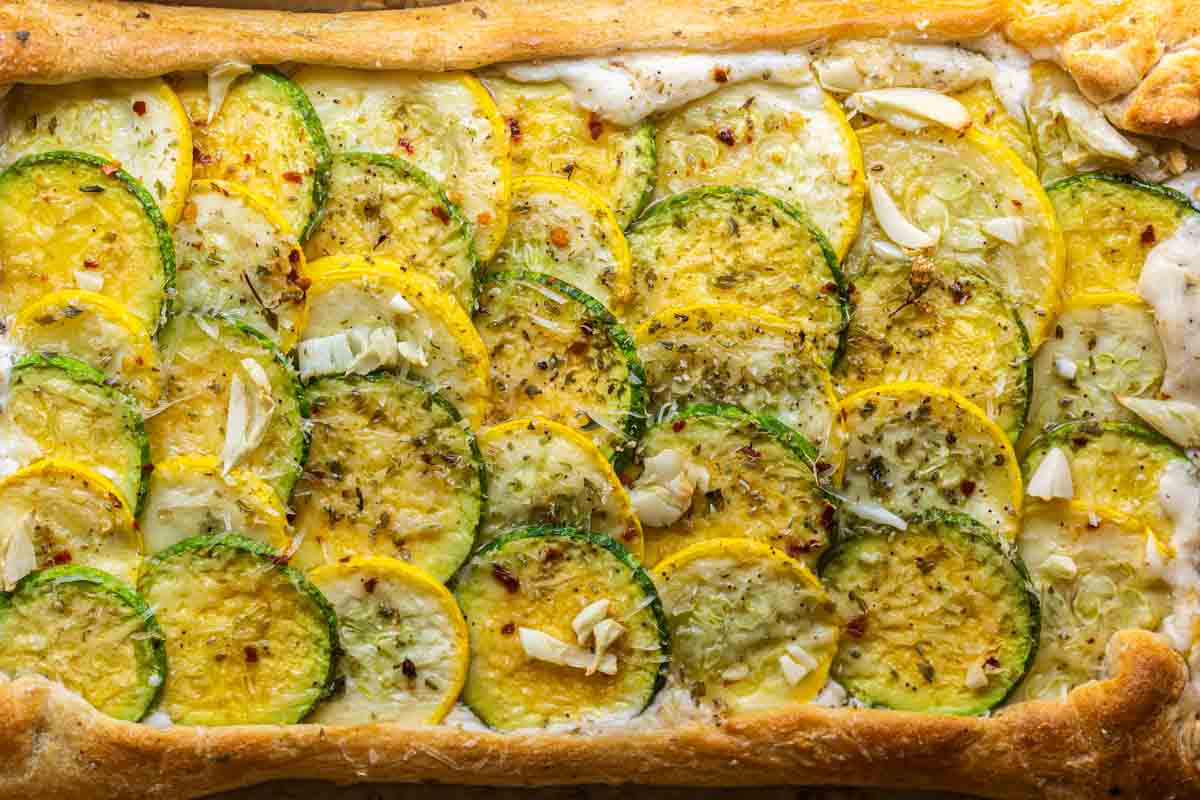
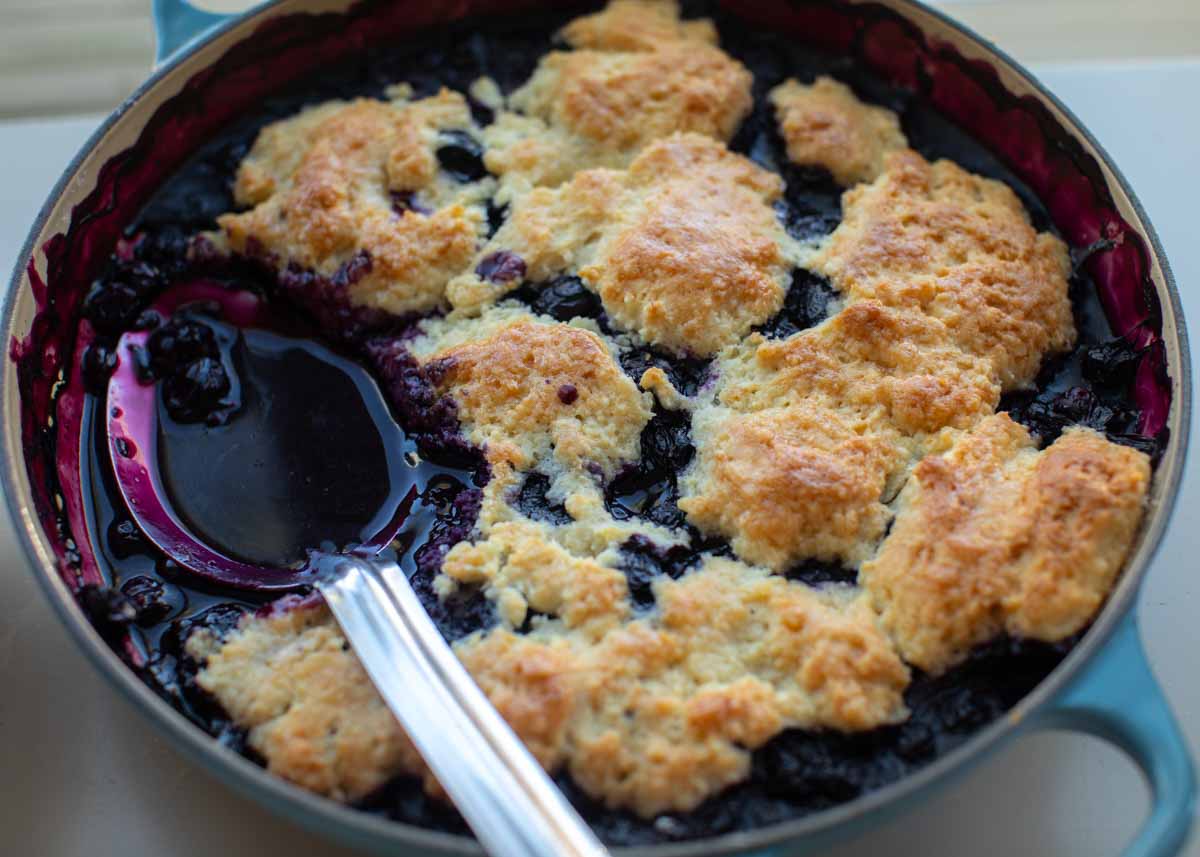
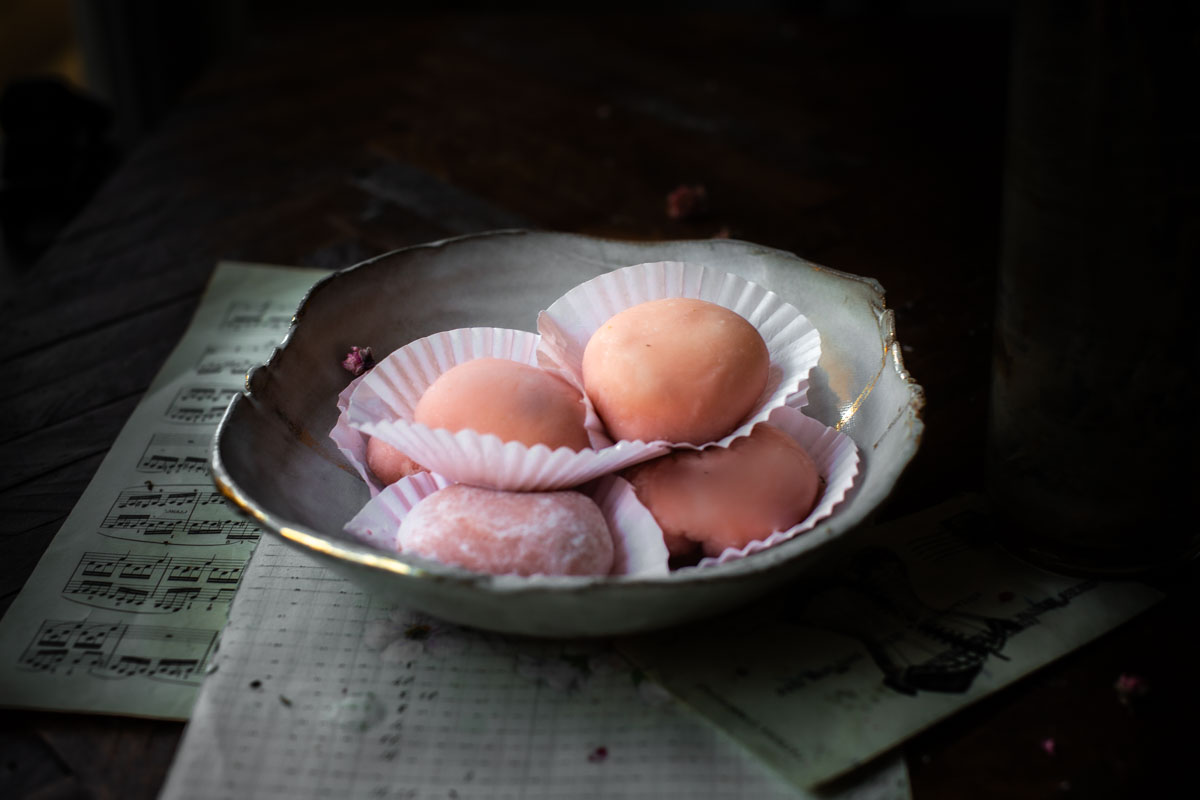
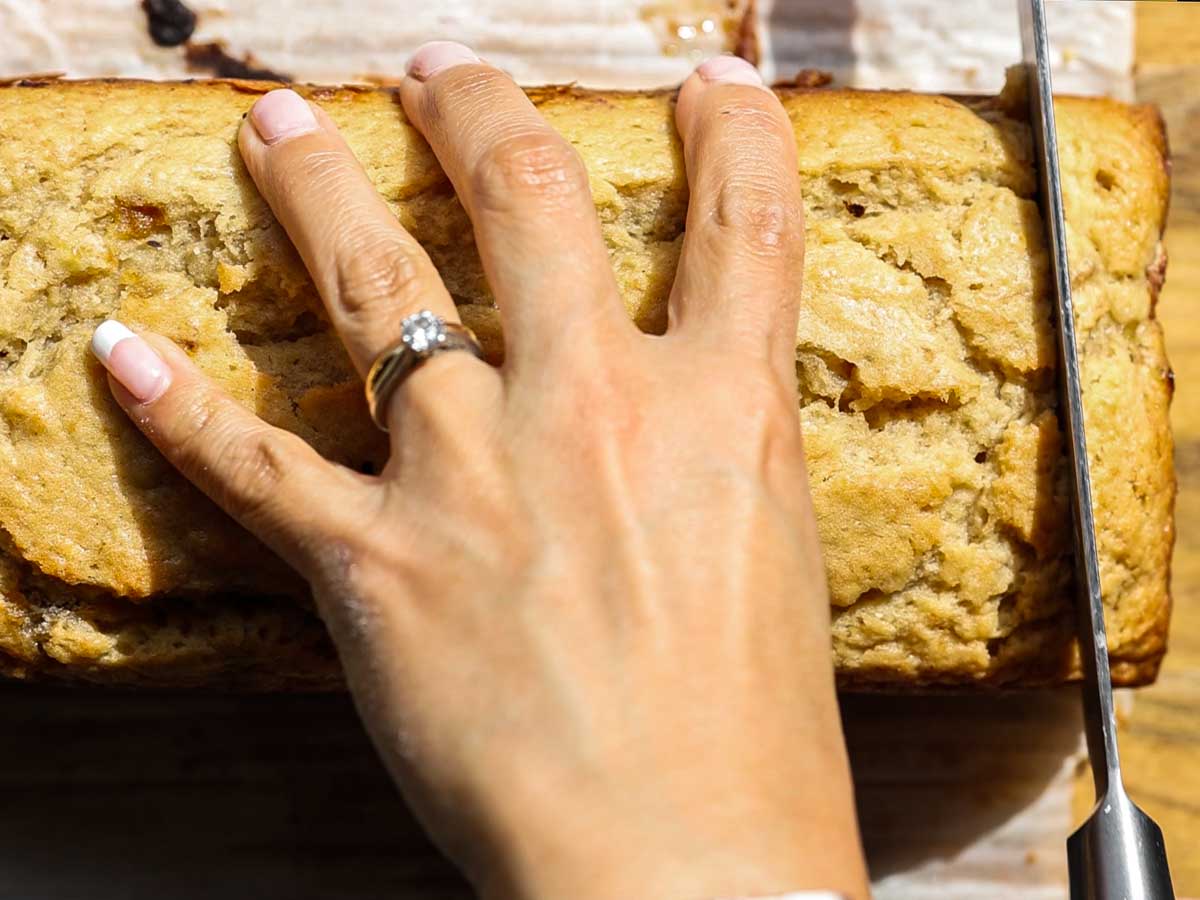
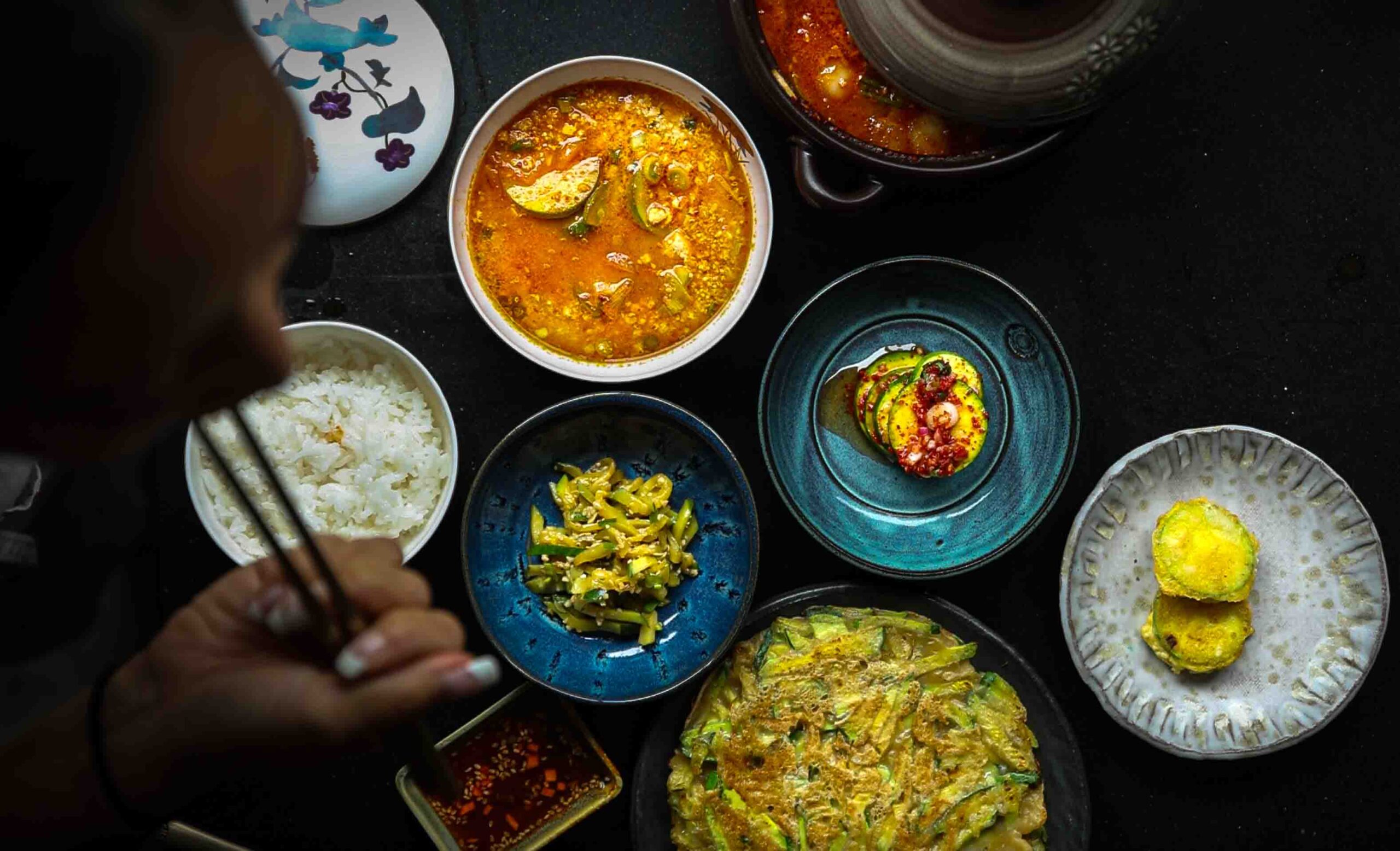
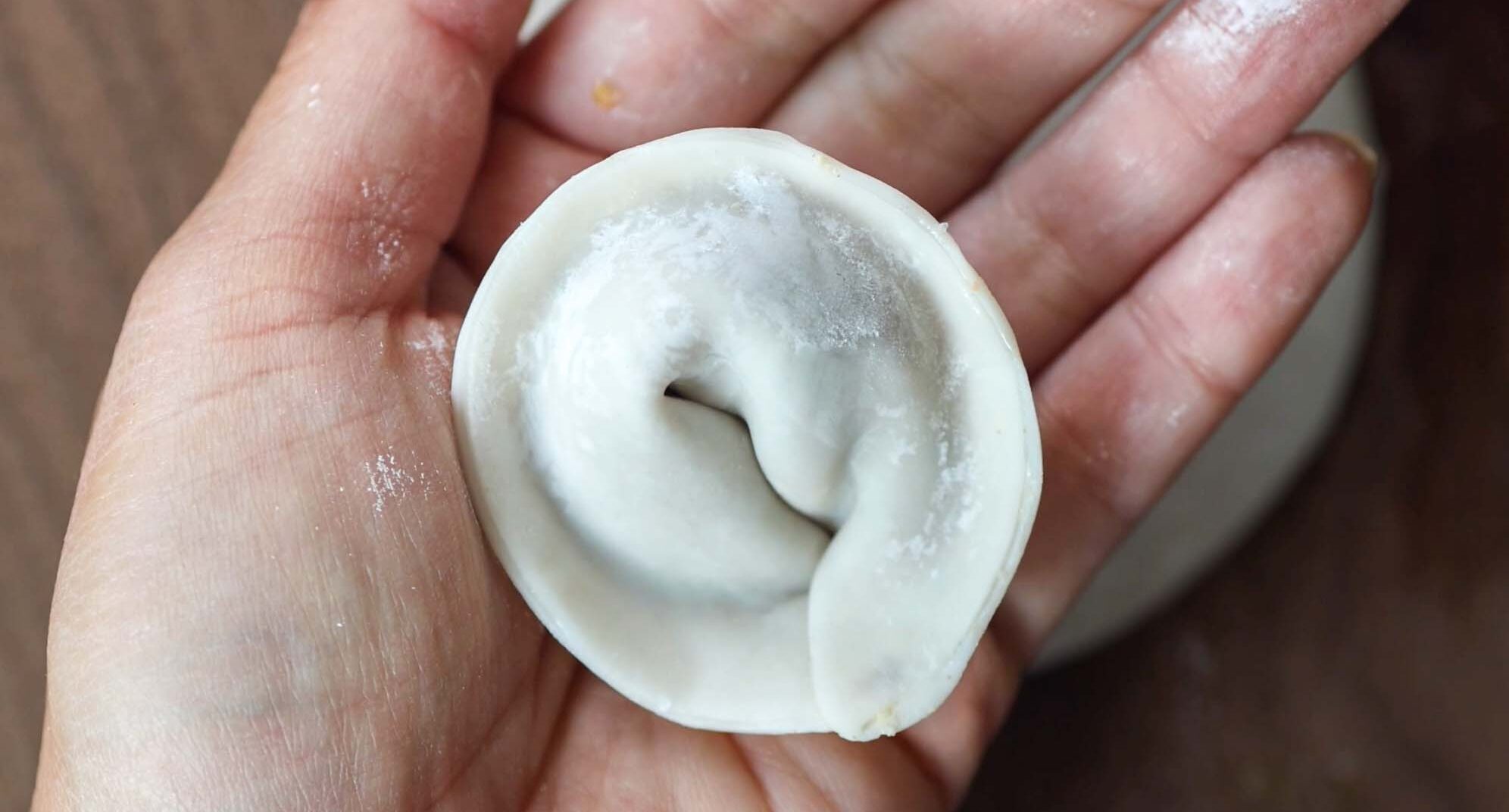
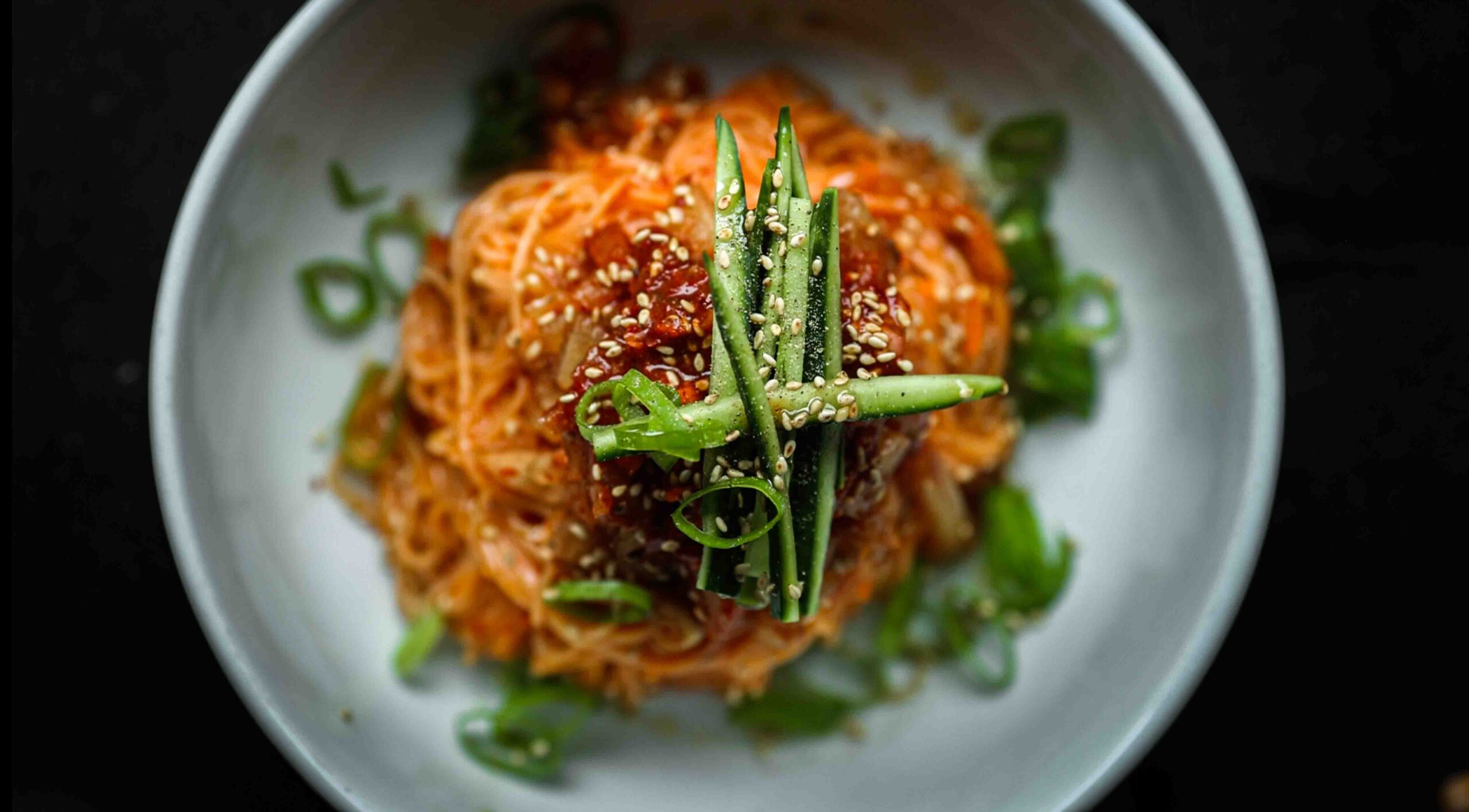
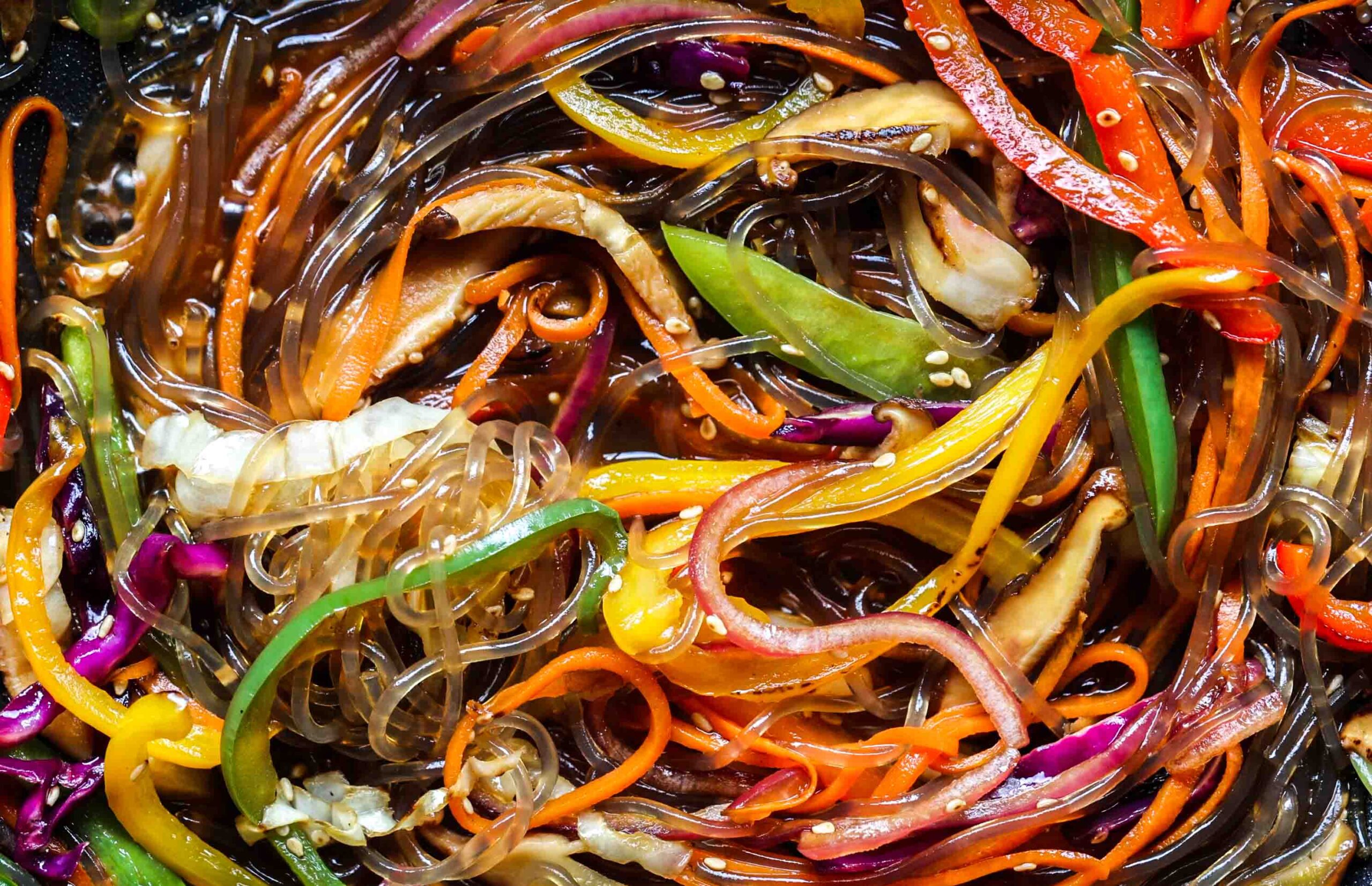
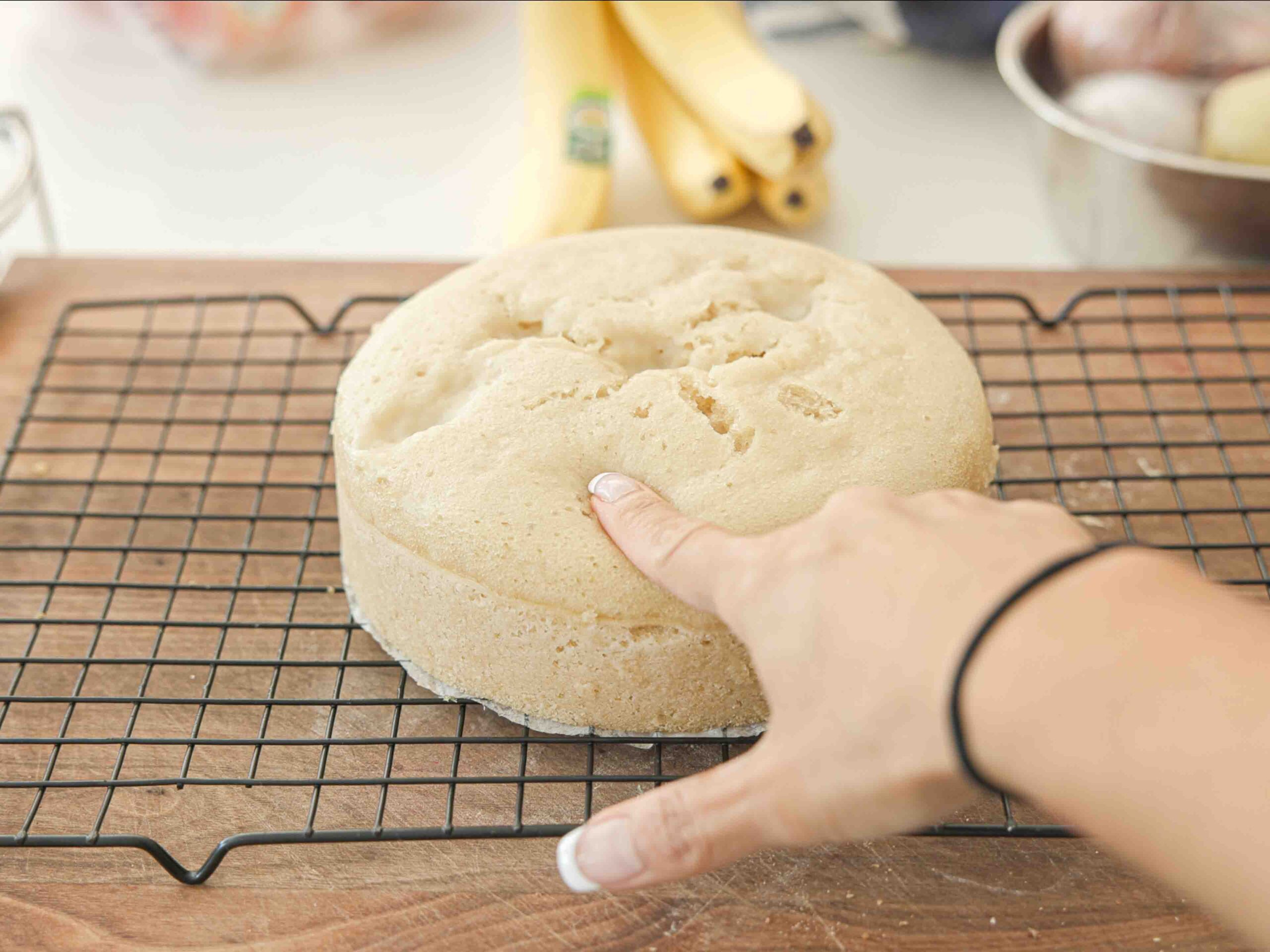
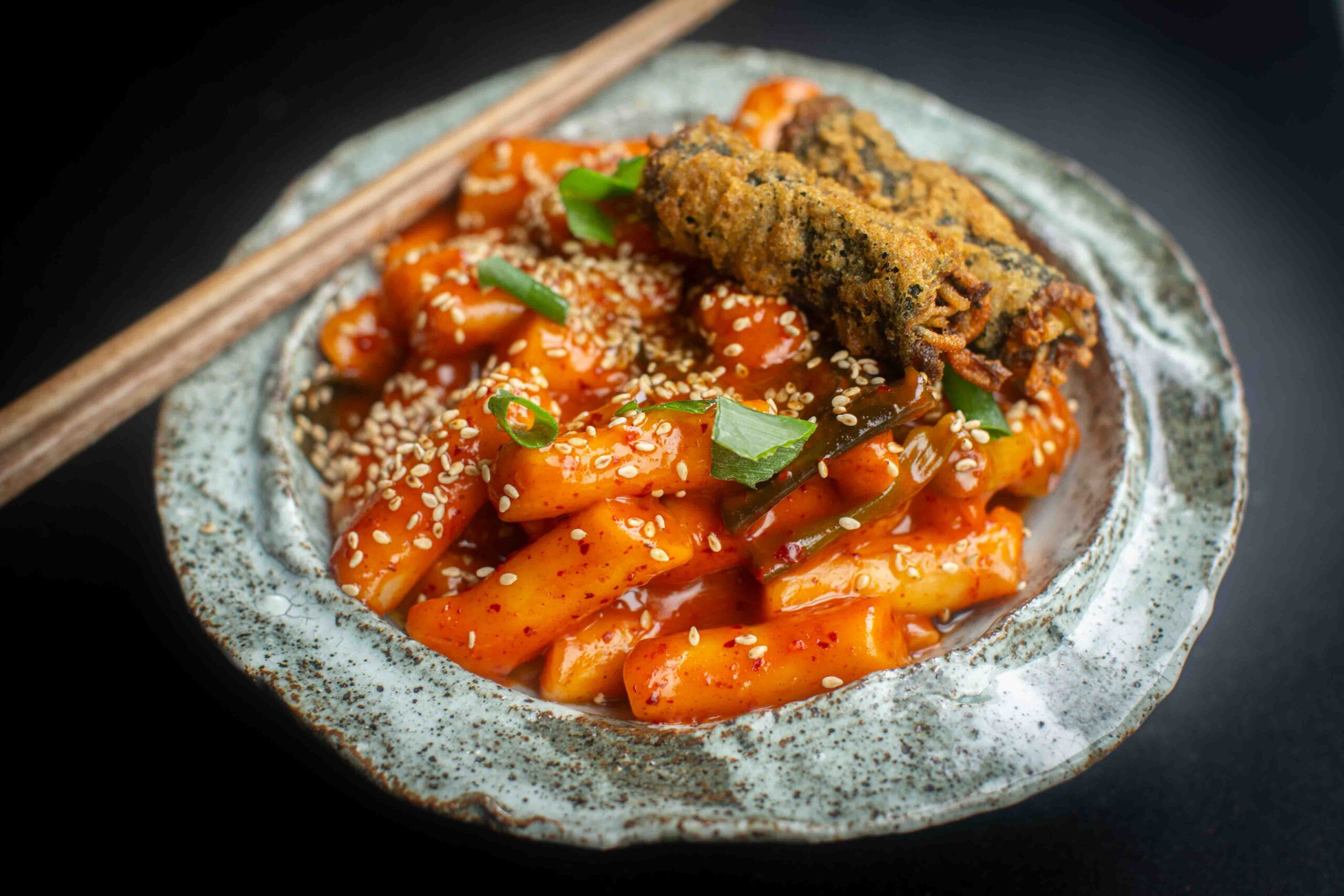
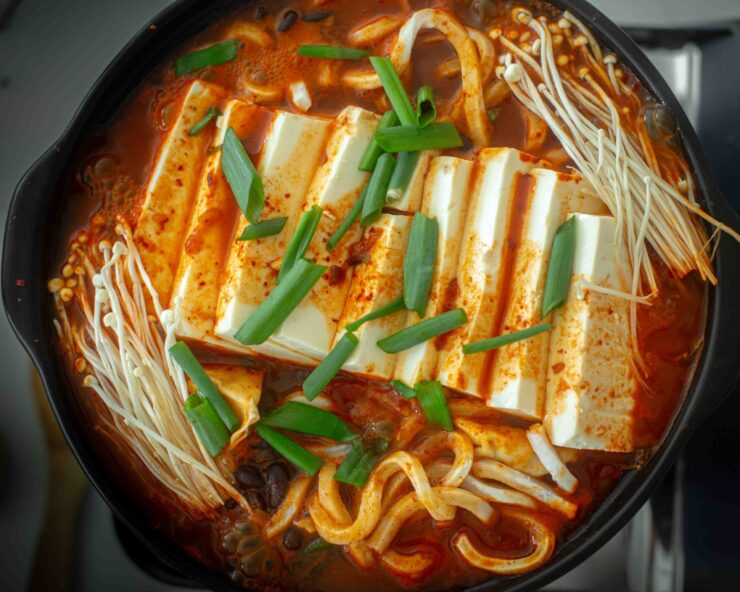
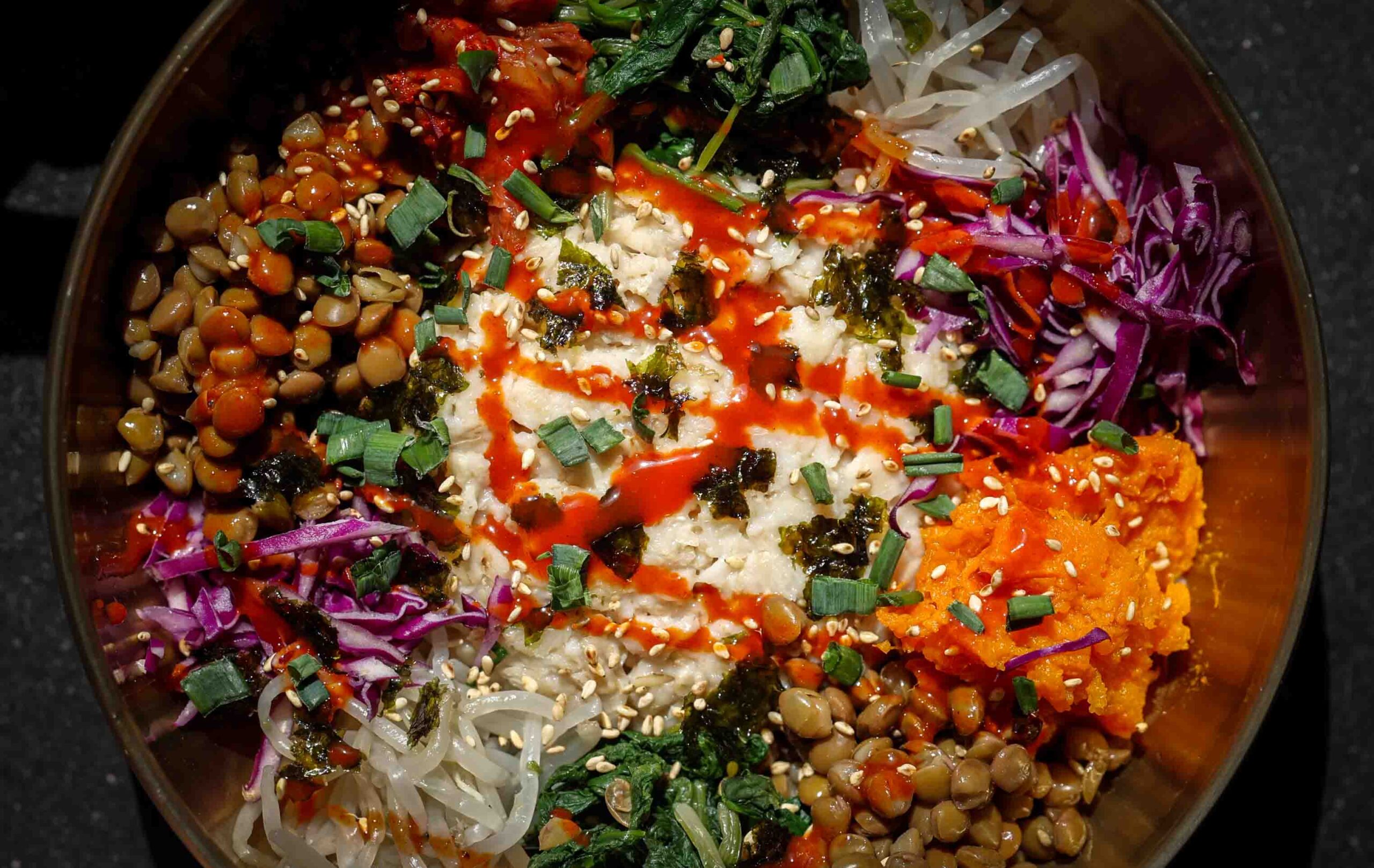
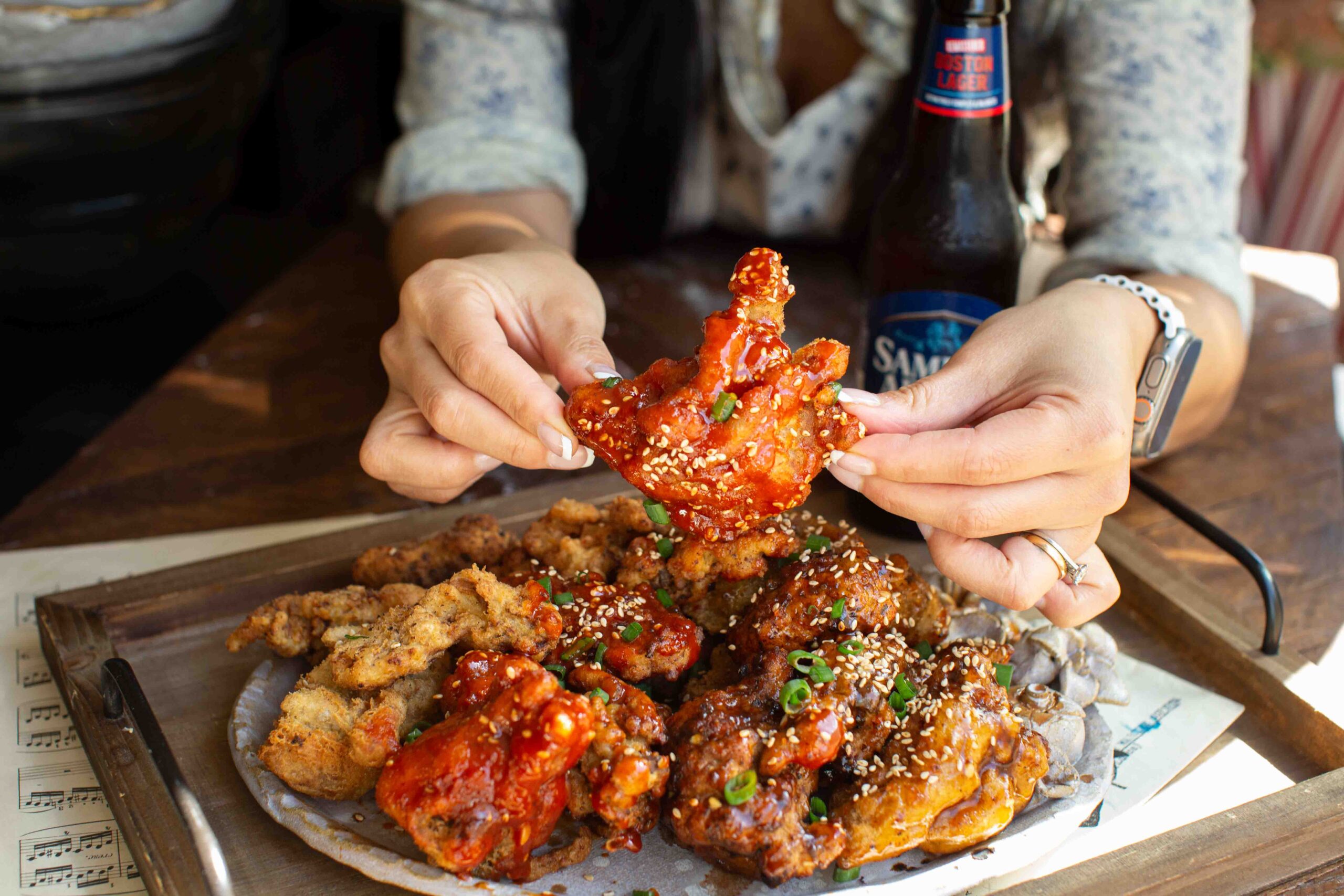
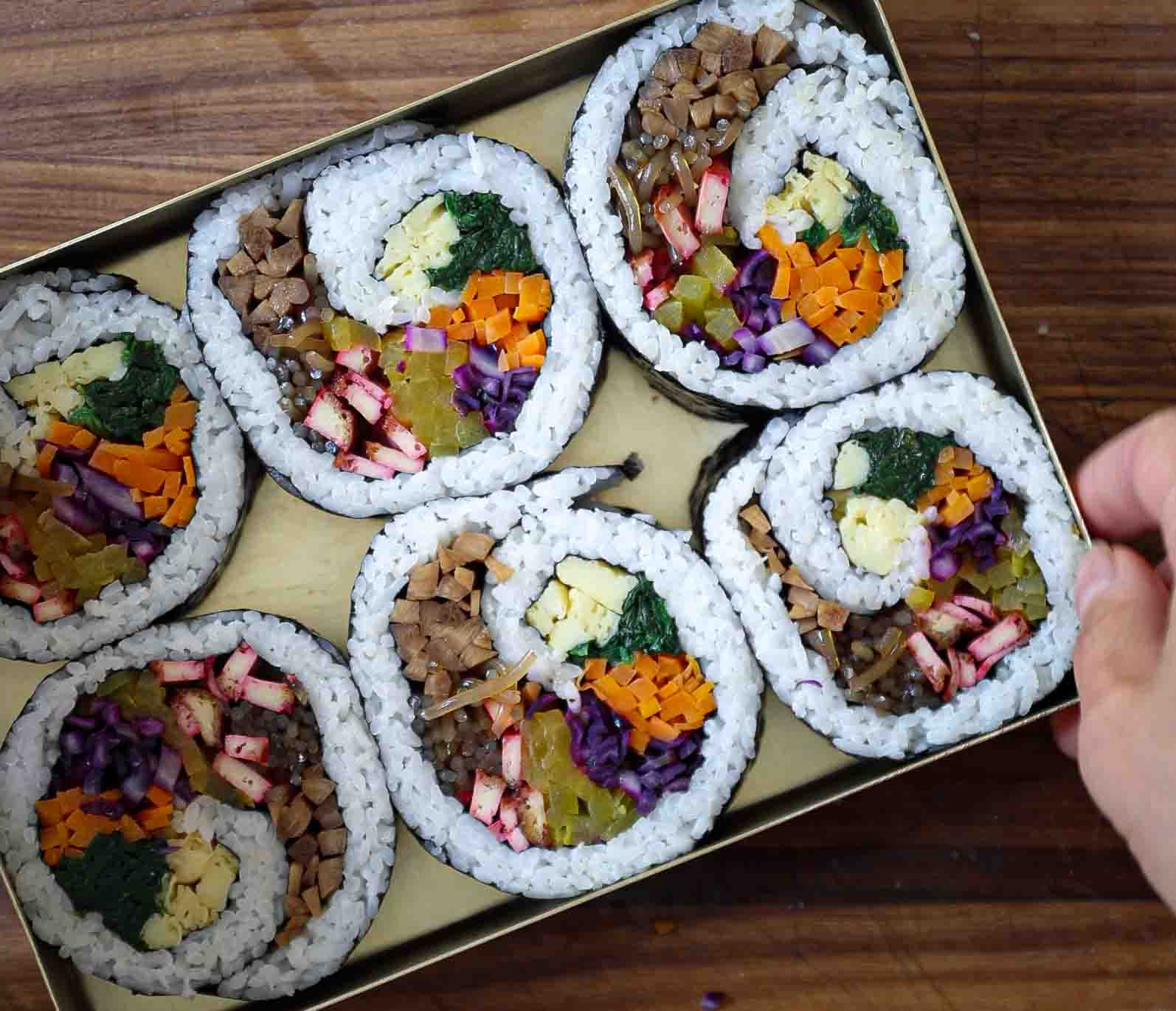
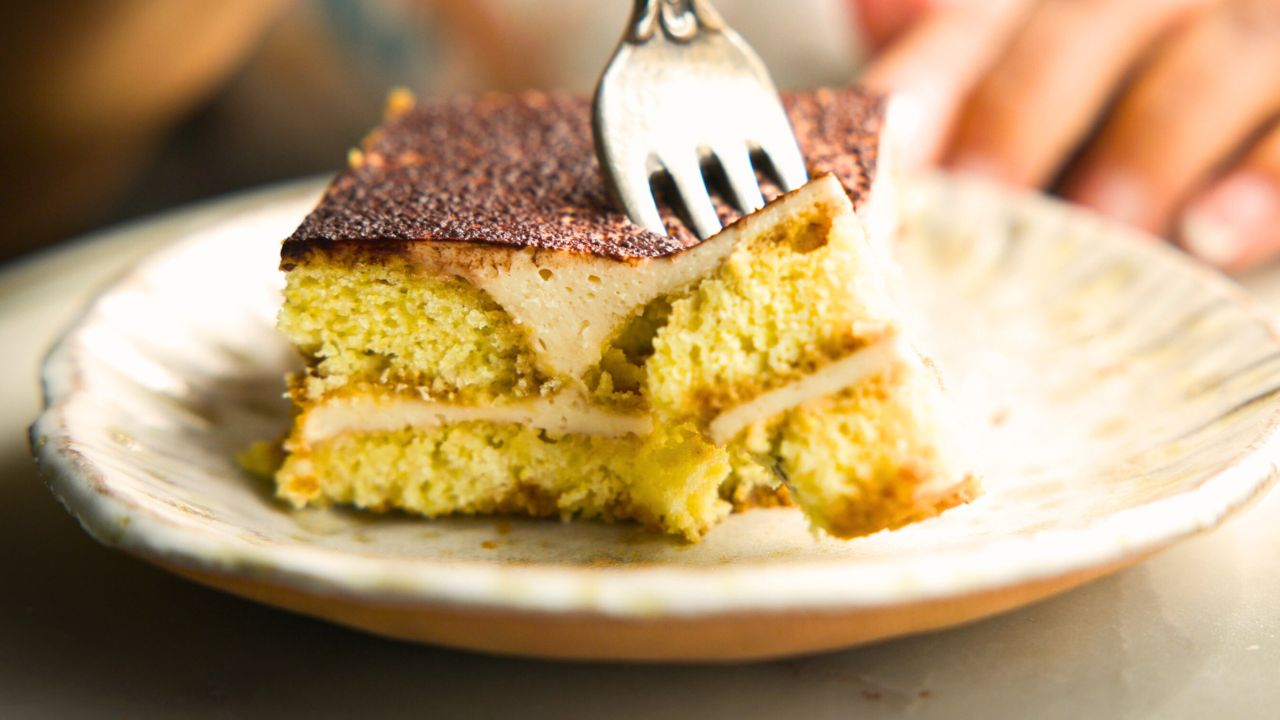

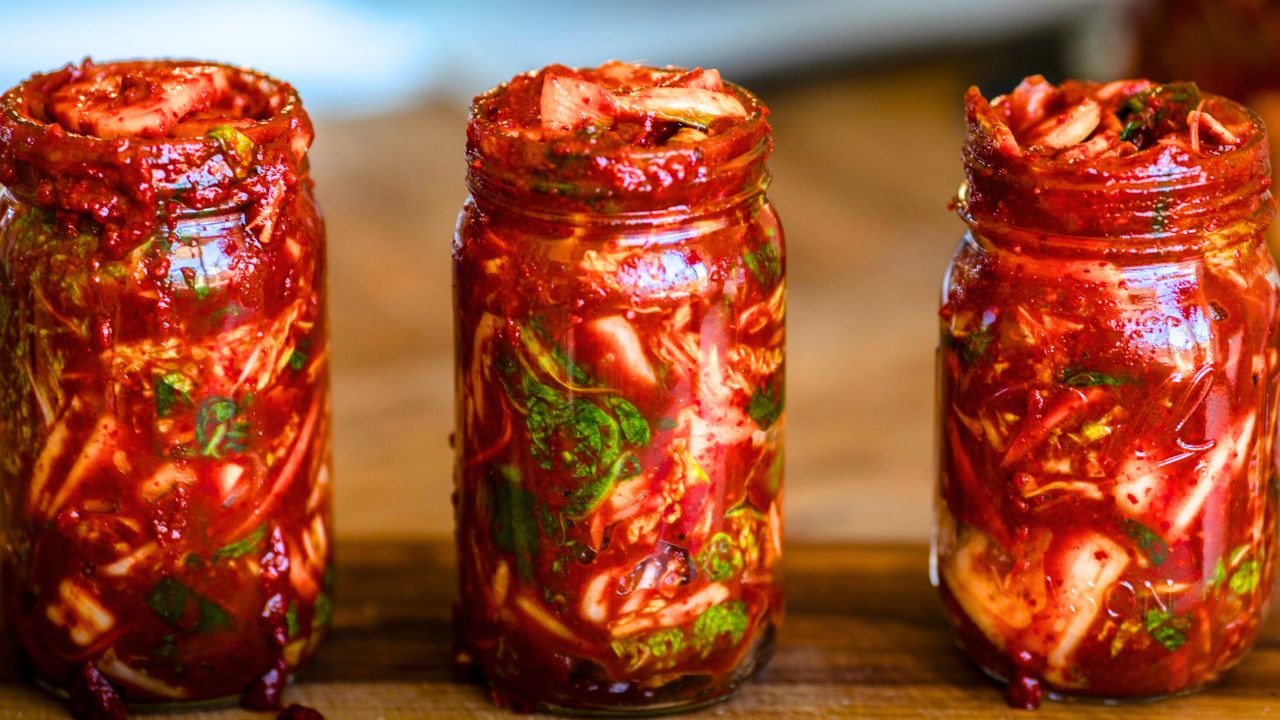
I think it depends on the type of love and who it is.
When I was younger, love was hard because of my views on relationships and I knew that what I expected from someone may not be what that person wants. Thus, I would confess my feelings and turn myself down, telling the other person, “I like you, but I want to stay friends.”
Maybe this was a way for me to protect myself, maybe I was “projecting” my low expectations onto people, in a sort of self-fulfillibg prophecy.
Either way, it doesn’t matter. Through trauma and growing up, I feel like I’ve become jaded. Cynical. Heartless. I feel like even when I find someone I’m attracted to, I prevent myself from saying anything or get put off by something they do or say. I don’t even know what it’s like to feel empathy for people anymore. I’ll watch a movie and laugh and cry with the actors and actresses.
But in real life I find it so hard to cry over things close to me. Both my grandmother and grandfather passed away in the same year. I wasn’t close to either of them but I felt so guilty over not feeling anything.
I don’t even know if I love my family and friends or if it’s simply selfish attachment. I’ve been open with them about this and they always say, “No, you’re not like that.”
But it’s hard because does this internal struggle represent my new way of love? And if so, why is it so hard?
Self-love is an entirely new topic of its own. I’ve reached the point where I can’t tell if I’m self-aware, cynical, or just realistic about things.
So, yes I think love is hard for me since I don’t seem to be able to recognize or feel it anymore. Love used to be easy. Something that would leak out between my lips everytime I smiled at a crush. It would get my heart pumping, cheeks warming.
Now it feels like just something else that’s wrong with me. A chore to figure out.
I’ll always be a romantic at heart but can you truly be a romantic if you don’t feel love? I suppose I’ll have to think it over.
Thank you for sharing so much with us.
Wow. I felt that so hard. Thank you for being so raw and open. I almost feel like im not alone in this struggle and it’s not just me who feels like this day to day.
After 25 years (so far) of being happily married, I don’t think that love should be *hard*, but it is *work*. Almost everything worth doing in the world takes work – cooking a meal, planting a garden, caring for a pet, rearing a child, you name it.
And I think your Episode 1 prediction is right for Queen of Tears – I’m a few episodes farther along and there’s a lot of character development and getting insight into what in each character’s past has brought them to where they are now.
25 years is a quarter century. Doing anything for that long is going to be hard! 😉
Hi! I guess this topic is at the core of all, how we find value and deep worth in others, in oneself… it can be redeeming or wrongful to the extent of being passed onto generations. maybe it is why it is so hard to pinpoint, universal and so multifaceted. We give it meaning with the shape of personal experience, a lens that might break into a kaleidoscope that builds our identity. The diffracted bits that retain our attention, that get engraved into memory and shape an affective landscape is all the result of personal discernment – or alchemy. I loved your posts because of how honest and raw they get, with a deep respect underlying; is it not how I value your insights at large? how the funny and the despair merge into human traits that, maybe against our own will, propels further into connection? All of these traits do not define us in a fixed manner, I hope. For that life to continue to flow through us and not become as hardened as our minds and become an obstruction to values. Love is, to me, an ultimate value, the more it is shared, the more it expands; it just needs the right boundaries to grow in altruism and respect of self and others. it has to do with skills, but the most essential of all is the appreciation of life. I see it as a garden, with its own rhythm and seasons, able to grow back from the worsts of droughts and storms, but still in need of care and patience to flourish beyond expectations, and also some space to work with as a basic requirement, some plants overstepping real quick when given the opportunity might need the appropriate companion to keep them in check, others a little boost, and so on…what nutriments do we feed our lives with so that we, and others, may get through seasons and still bloom? Being dormant, processing, hurting, may be a winter or many, does not stop us from growing back again❤︎
I love the garden metaphor. It is beautiful, varied, and requires maintenance. <3
Of the many types of love (with parents, children, pets, friends), my response focuses on romantic love. Love is an alchemy of the following ingredients, each of which has to take prominence or a back seat depending on the day and situation. Love is, in no particular order, passion, intensity, chemistry (sexual and otherwise), fun, commitment, communication, patience, forgiveness, understanding, ego management, security, comfort, respect, kindness and empathy. Love is hard work in that all of these need to be nurtured daily so that you can call on them when needed. Love is certainly hard work and if you are fortunate to the find the right person you want to invest in, the reward is incalculable.
The idea of each of the ingredients taking “prominence or a back seat depending on the day and situation” and being sure that you have properly nurtured each of them so you can “call on them when needed” is very interesting. Never thought of it quite like that, but thought-provoking to say the least. Very well said. Thanks for sharing.
Sometimes, I think it’s hard to figure out what requires prominence and what needs to take a back seat–esp if the other is not on the same page with you about it!
Love is hard, not in the way long hours at work are hard, but in the way artists invest hours of work into their creations.
I love that analogy, thank you!
Love should be easy & hard and I think that’s what makes it mysterious. Some things should feel easy like being around the person you feel a sense of an exhale because you can truly be yourself. In other ways (or in many ways), it is hard if you are in it long enough to witness different versions of each other through the seasons. When I said I do almost 15 years ago to my husband, I didn’t know it meant saying yes to the person he was then and all the people he will be throughout his lifetime. That’s pretty incredible.
Even with the closest people in our lives, I supposed being around them isn’t easy, like parents for example. I don’t feel like I can truly be myself around them, but this doesn’t mean it isn’t true love. I don’t think we’ve really allowed that kind of uncovering of each other. Another level of intimacy that really isn’t there for us. On the other hand, sitting by each other with a silent meal is also not something I can do with a lot of people. When my umma still gently puts my favorite namul on my spoon full of rice when I am about to take the next bite (I am 44 years old!), there is love there. So, with my parents, I share a kind of intimacy that is hard on some levels, but eating silent meals is easy for us.
omg the adding of namul to your rice…. CRYING.
Love is a duty. It is a response to a stimuli. God, the Author of love, is love. I see His infinite expression of love on the Cross of Calvary. A careful and reverent study of this manifestation of genuine love is worthy of our individual study. Love worketh no ill to his neighbour: therefore love is the fulfilling of the law.
Blessings.